Great Battles Lecture Series
Experience the moments in time that changed history with the Penn Museum's Great Battles lecture series. Lectures occured between October 2012 and June 2013.

Length: 1:17:38
Great Battles: Hannibal's Secret Weapon in the Second Punic War
Dr. Patrick Hunt, Stanford University, speaks. Hannibal, a Carthaginian commander who lived ca. 200 BCE, is considered one of the greatest military commanders in history. His use of the environment in his warfare against Rome in the Second Punic Warâ...
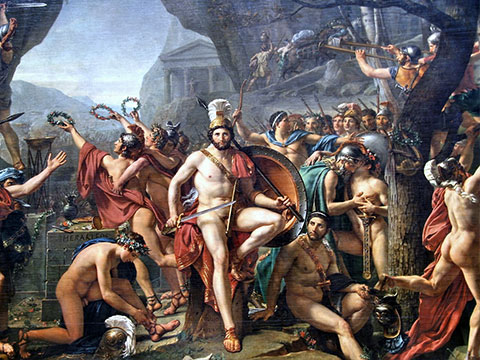
Length: 53:23
Great Battles: Thermopylae: The Battle for Europe?
Dr. Jeremy McInerny, Professor of Classical Studies, examines the tactics and strategy of the Battle of Thermopylae (in present-day Greece) in 480 BCE. Why was the battle fought at this location and was it, as it is often portrayed, a turning point i...

Length: 1:07:48
Great Battles Lecture: The Scopes Monkey Trial
"Great Battles" Evening Lecture A Philadelphia International Festival of the Arts Event The Scopes Monkey Trial The Scopes Monkey Trial (The State of Tennessee v. John Thomas Scopes) was a landmark American legal case in 1925 in which a high schoo...

Length: 1:24:12
Great Battles: The Siege and Fall of Masada
"Great Battles" Evening Lecture The Siege and Fall of Masada In the 1st century BCE, King Herod the Great fortified the mountain of Masada, located near the southwest shore of the Dead Sea. Seventy years after Herod's death, Jewish rebels occupied ...
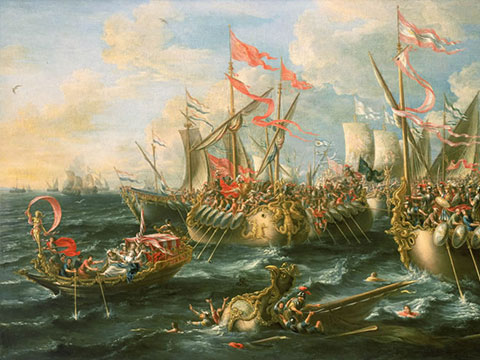
Length: 1:03:22
Great Battles: From Actium to an Asp, The Beginning of the End for Cleopatra the Great
In the years following the death of Julius Caesar in 44 BCE, internal Roman power struggles—combined with the increasingly negative response to Cleopatra VII and Marc Antony's romantic partnership—led to the deterioration of the relationship betw...
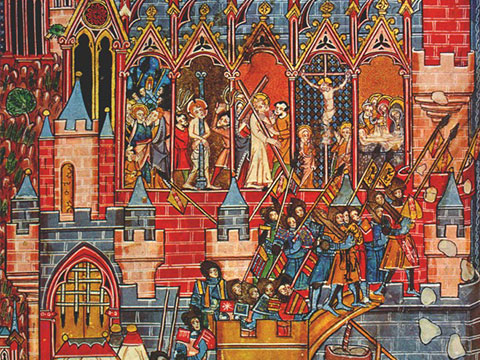
Length: 1:17:38
Great Battles: The First Crusade Three Battles for Latin Christendom
From 1096 to 1101, over 100,000 people from all over Western Europe set off towards Jerusalem. These men and women, these warriors and pilgrims, priests and nuns, lords and laborers, didn't have a name for what they were doing—no one would use the ...
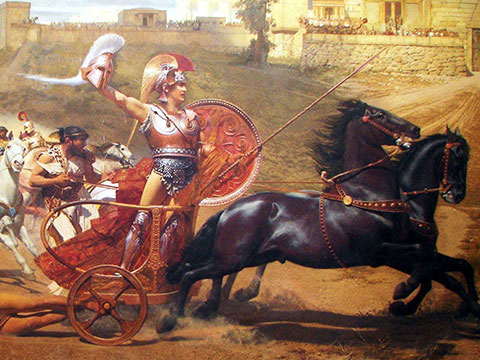
Length: 1:15:40
Great Battles: Was there a Trojan War? Recent Excavations at Troy
Was there a Trojan War? Assessing the Evidence from Recent Excavations at Troy In the course of the latest campaign of excavations at Troy, in northwestern Turkey, archaeologists have uncovered a wealth of evidence that enables us to situate the sit...
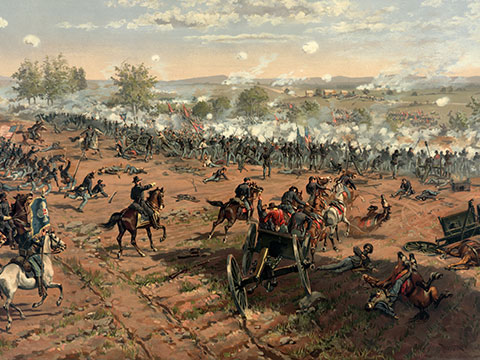
Length: 1:08:10
Great Battles: Gettysburg History and Hype
"Great Battles" Evening Lecture Gettysburg: History and Hype It is conventional to depict Gettysburg as a decisive Union victory, the turning point in our Civil War. But that conflict dragged on for nearly two years after Gettysburg, and the fierce...
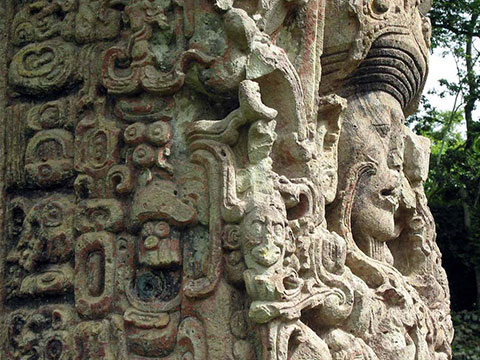
Length: 55:28
Great Battles: A Tale of Two City States: Quirigua's Victory over Copan in 738 CE
Part of our Great Battles: Moments in Time that Changed History Lecture Series Honduran archaeologist Ricardo Agurcia Fasquelle, Executive Director of the Copan Association, presents this inaugural lecture in the Great Battles Series. Until recent...

